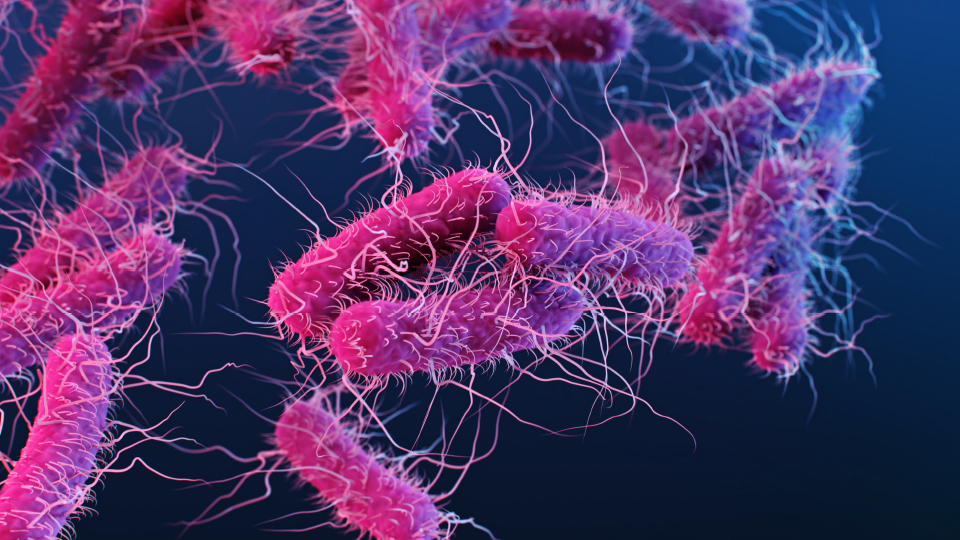10 April 2024 | Antimicrobial resistance (AMR) is a growing public health problem that is bound to unleash “a slow tsunami that threatens to undo a century of medical progress,” according to the Director-General of the World Health Organization (WHO). Overuse of antibiotics has led to some bacteria developing resistance to current treatments, leading to a growing number of lethal infections with few new drugs in sight. Globally, drug-resistant bacteria are estimated to have killed 1.27 million people in 2019, more than malaria. The World Health Organisation estimates this could rise to 10 million by 2050.
EuroTech has started bringing together its researchers who work on antimicrobial resistance in a joint task force.
AMR state of play in Europe
In Europe, 33,000 people died because of drug-resistant bacterial infections in 2020. This is more than flu, tuberculosis and HIV/AIDs combined. An increasing number of patients in intensive care units, haematology units and transplant units have pan-resistant infections, meaning there is no effective treatment available, because the pharmaceutical industry has all but stopped developing new antibiotics. A key problem is that the antibiotics market in Europe and elsewhere functions very poorly; preserving effectiveness of new products requires measures to limit their use, while health technology assessments invariably weigh them against cheap generics, underestimating their value.
At the policy level, the EU has already taken key action to combat AMR in a One Health approach:
- Adopting the EU One Health Action Plan against AMR in 2017, which set out key objectives and actions to reduce the emergence and spread of AMR, boost research and innovation, and shape the global agenda.
- Proposing a Council Recommendation on stepping up EU actions to combat AMR in a One Health approach adopted by the Council in June 2023, aiming to strengthen national action plans, surveillance and monitoring, infection prevention and control, antimicrobial stewardship, and recommend targets for AMR and antimicrobial consumption in human health.
- Supporting the implementation of the EU legislation on veterinary medicines and medicated feed, which applied from 2022 onwards and provides measures to limit the use of antimicrobials in animals, especially those of critical importance for human health.
- Funding research and innovation projects on AMR through various EU funding programs, such as Horizon Europe, IMI, EDCTP.
- Collaborating with international partners and organisations, such as the WHO, FAO, WOAH, UNEP, the G20 and the G7 fora, to promote a global response to AMR and support the development and implementation of national action plans in low- and middle-income countries.
EuroTech AMR task force
The EuroTech Universities Alliance’s AMR task force is a research community that combines the strengths and expertise of researchers of its six leading European universities of science and technology with the purpose of solving the AMR challenge – from development of new drugs to novel diagnostics methods, vaccines, and alternative therapies.
The task force members will meet for the first time for an internal workshop with representatives of the European Commission, taking place on Wednesday, 24 April 2024, at the EuroTech Brussels Office.
If you work at one of the EuroTech Universities (DTU, EPFL, IP Paris, Technion, TU/e, TUM) and are interested in joining the task force, please reach out to Maria Sigutina, EuroTech Liaison Officer for EPFL and TU/e (contact details below).







